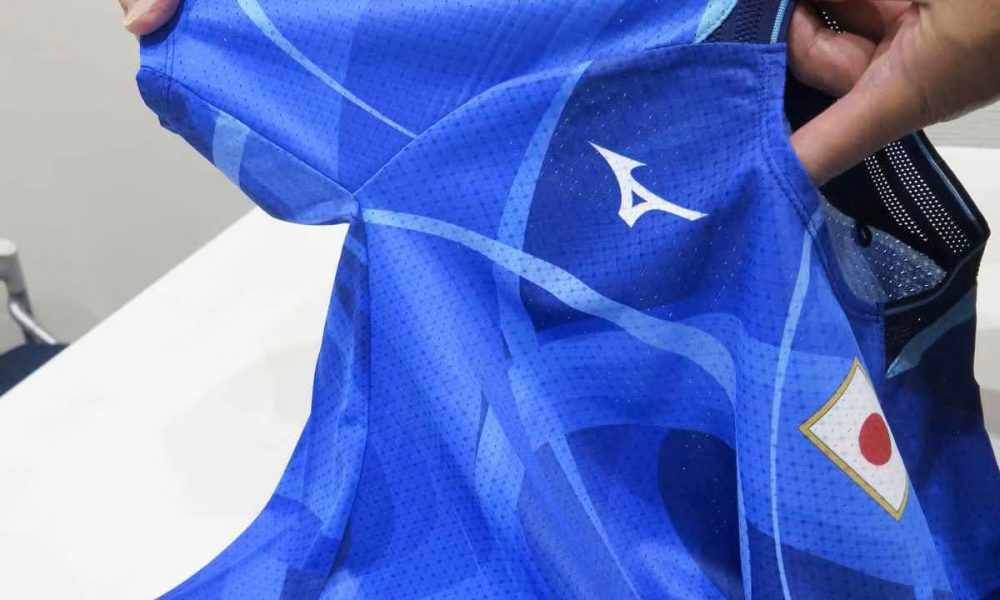


Efforts to combat voyeurism aimed at Olympic athletes and others are getting help from innovations like Mizuno's infrared-resistant uniforms and more.
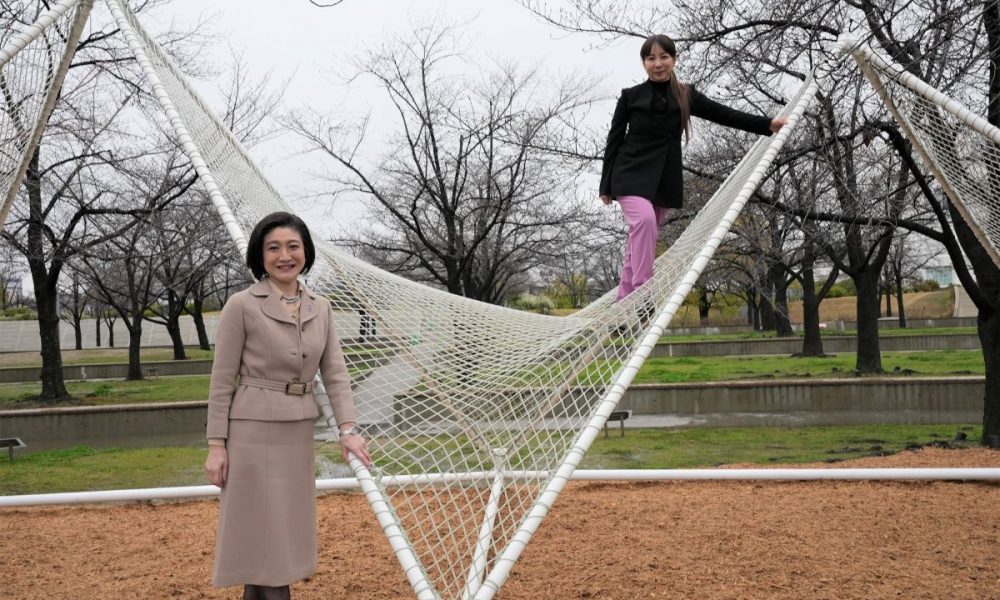


'Sea Hammocks' installed by the Panasonic Holdings Corporation are made from recycled fishing nets and intended to spotlight the issue of marine waste.
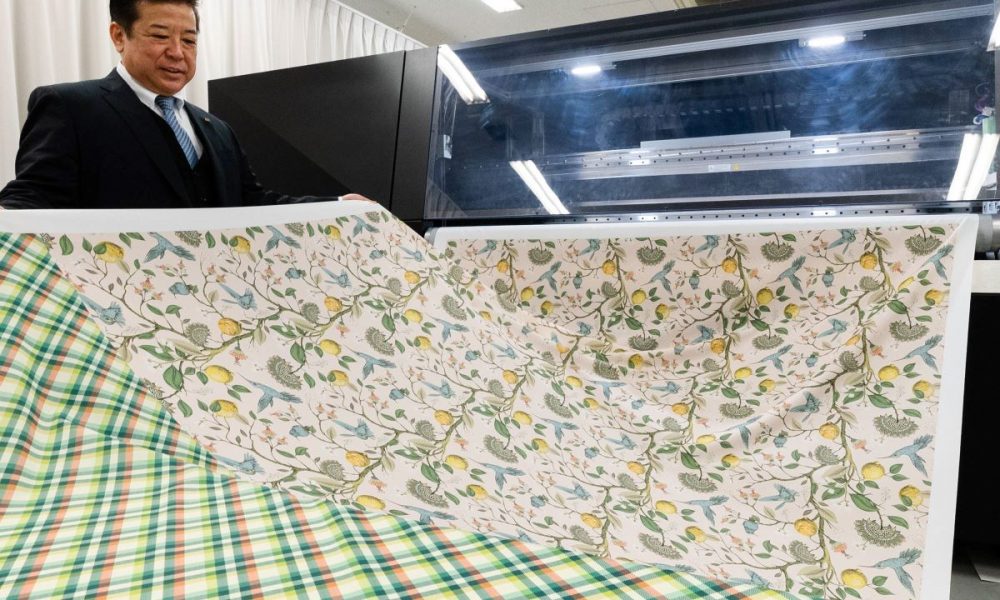
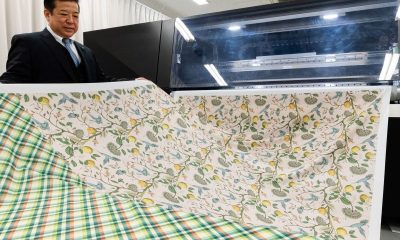

Digital textile printing that uses a minimal amount of water and reduces waste could mend the reputation of the world's second most polluted industry – fashion.
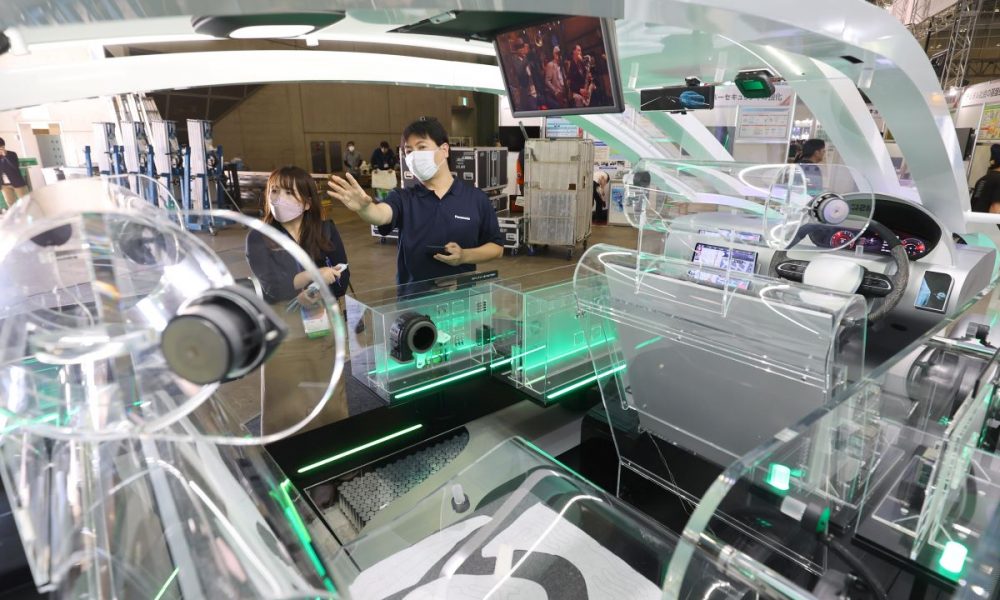
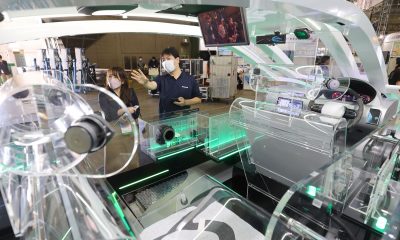

At CEATEC, major corporations such as Panasonic showcased their latest environmental innovations. Some even built their booths out of recyclable materials.

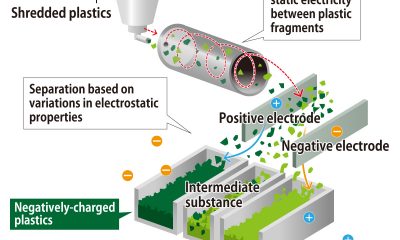

Technological advancements in material and chemical recycling are key if plastic recycling in Japan is to become economically viable.
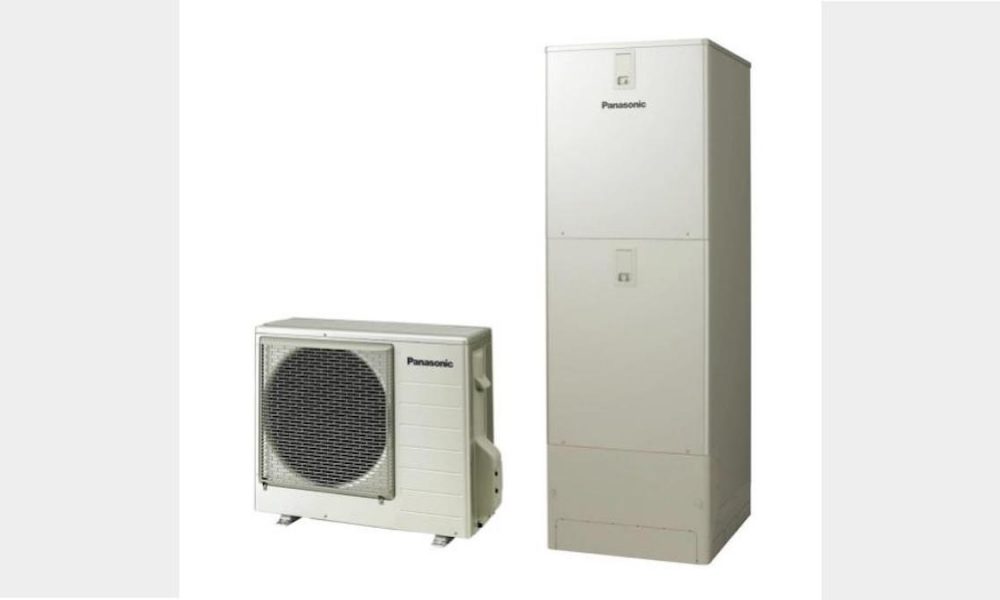
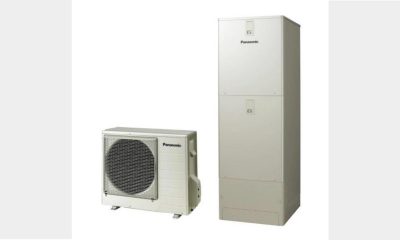

The decarbonization trend means higher demand for Panasonic's Eco Cute high-efficiency water heaters, leading the company to boost its production capacity.
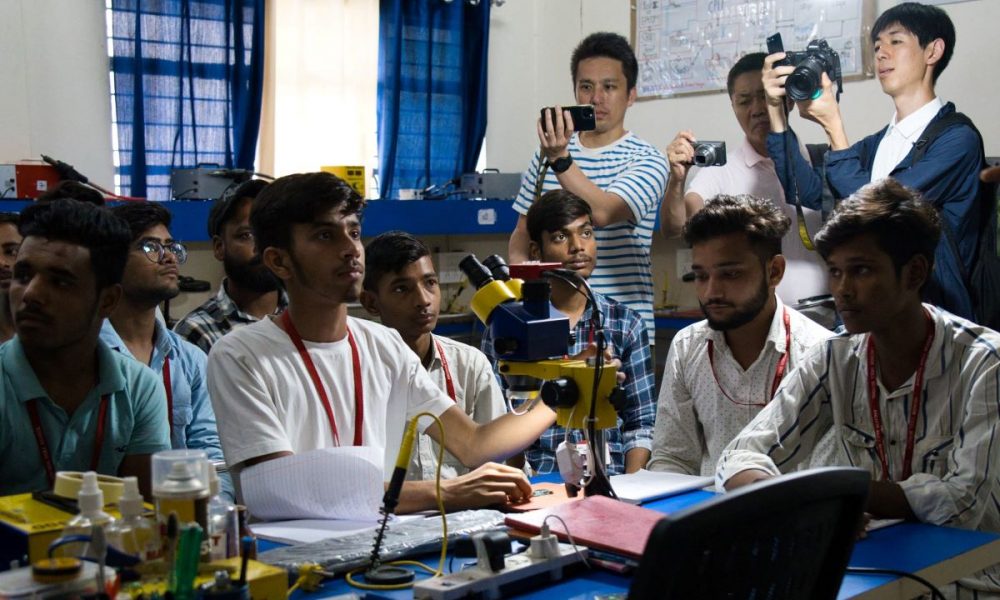
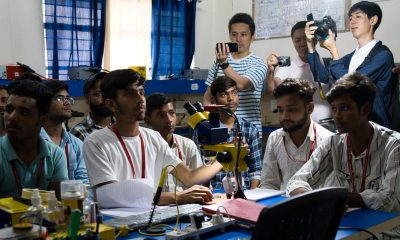

Domestic demand is surging in India, but good training programs are essential for strong local relations and assuring profitable, high-quality manufacturing.
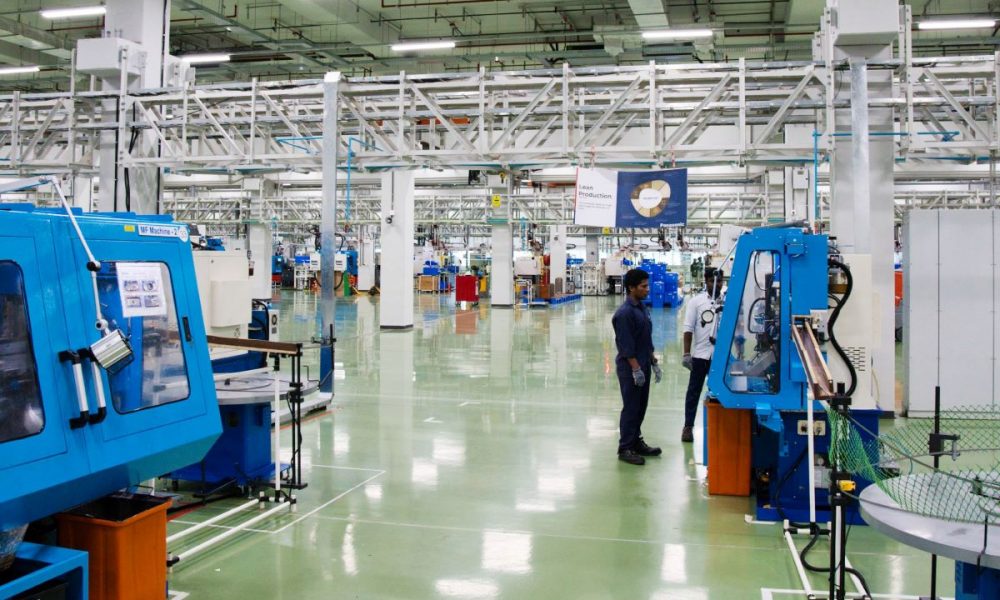
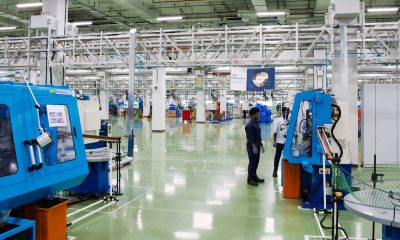

India is booming as the world's most populous country and has an economic growth rate of 7.2%, surpassing China's, in the fiscal year ending March 2023.
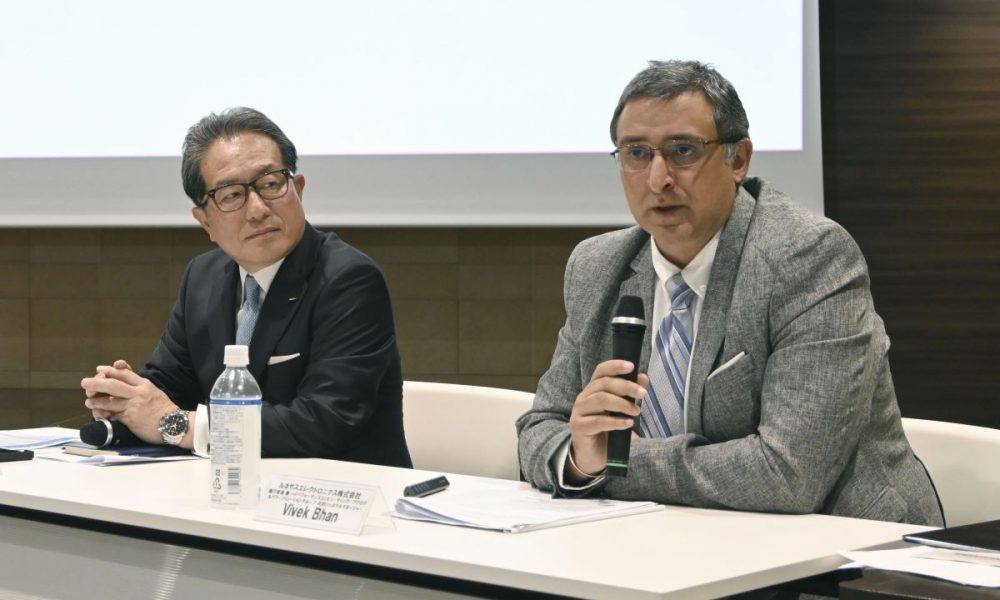


Nidec and chipmaker Renesas are developing a cutting-edge EV motor system and working toward stabilizing chip supply by internalizing the design process.
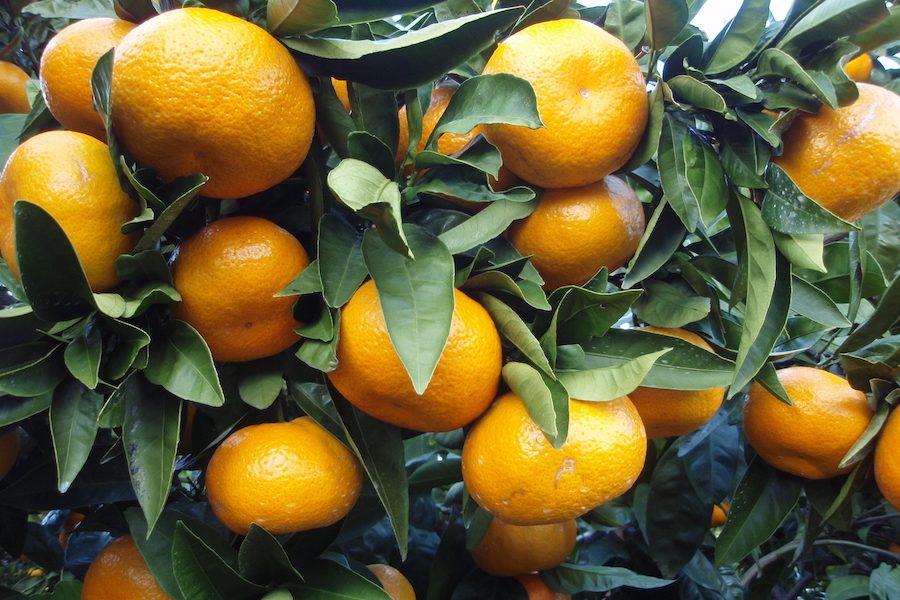


New technologies in fruit and food preservation could translate into savings of two trillion yen by preventing food loss during storage and transport.
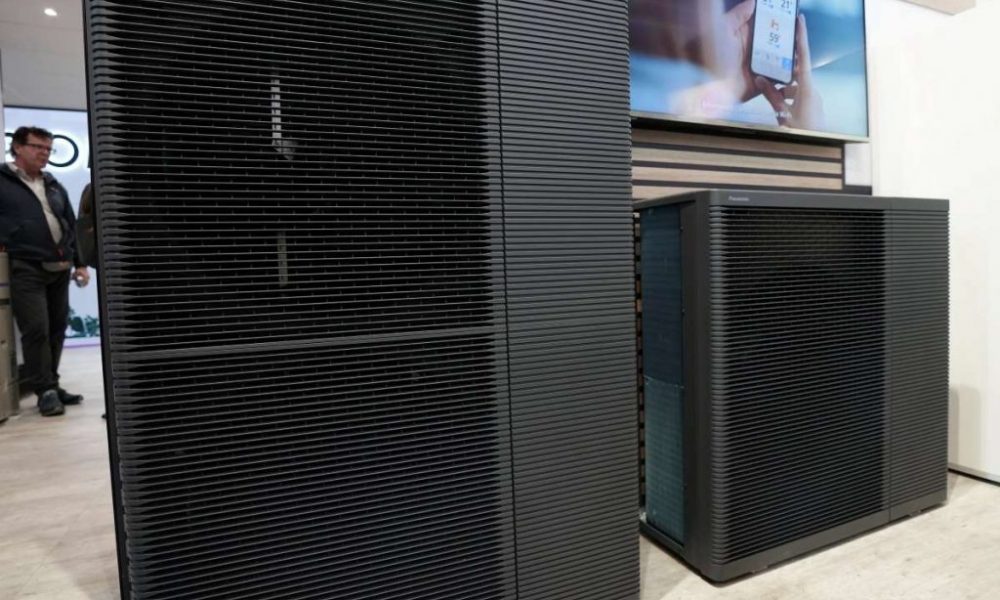
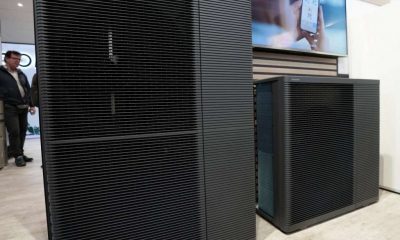

Japanese manufacturers are developing low-carbon technologies like magnetic air conditioners and propane heat pumps that could revolutionize the industry.



The coronavirus is affecting the lives of Japan’s nationally protected species, the “Nara deer,” which live by Nara Park in Nara City, Nara Prefecture. ...